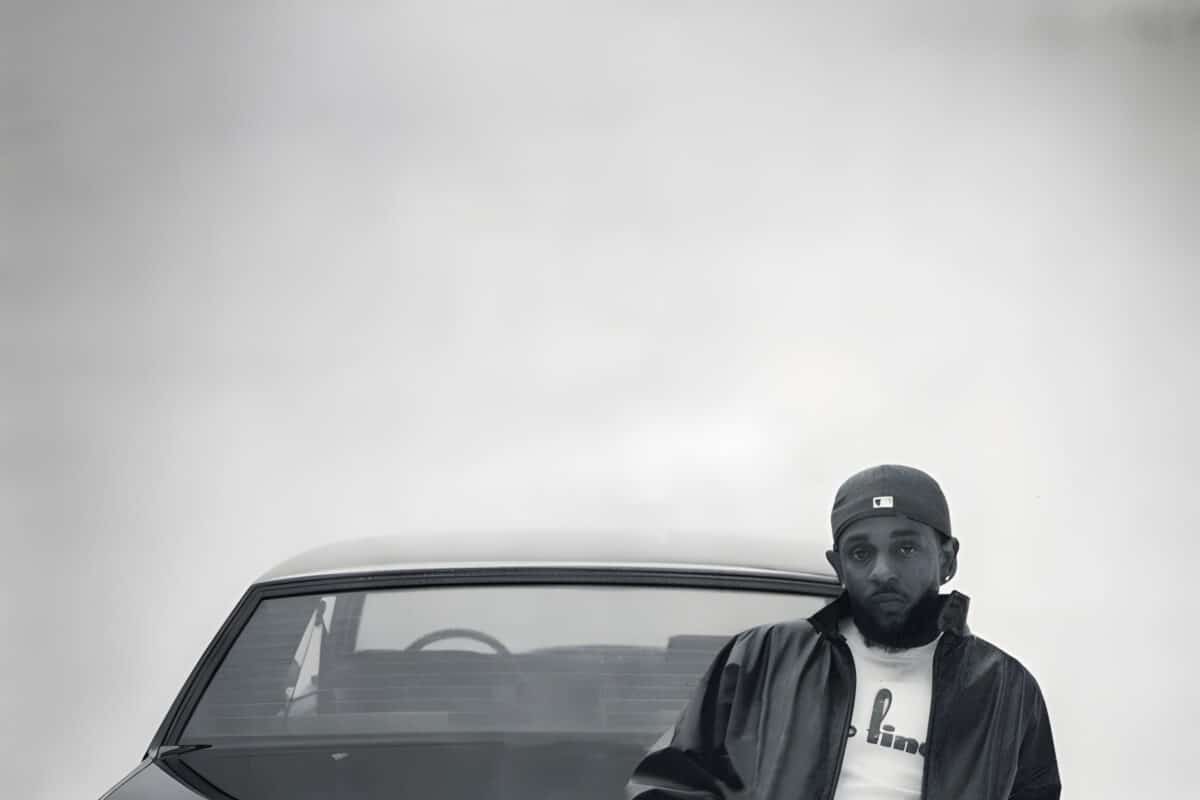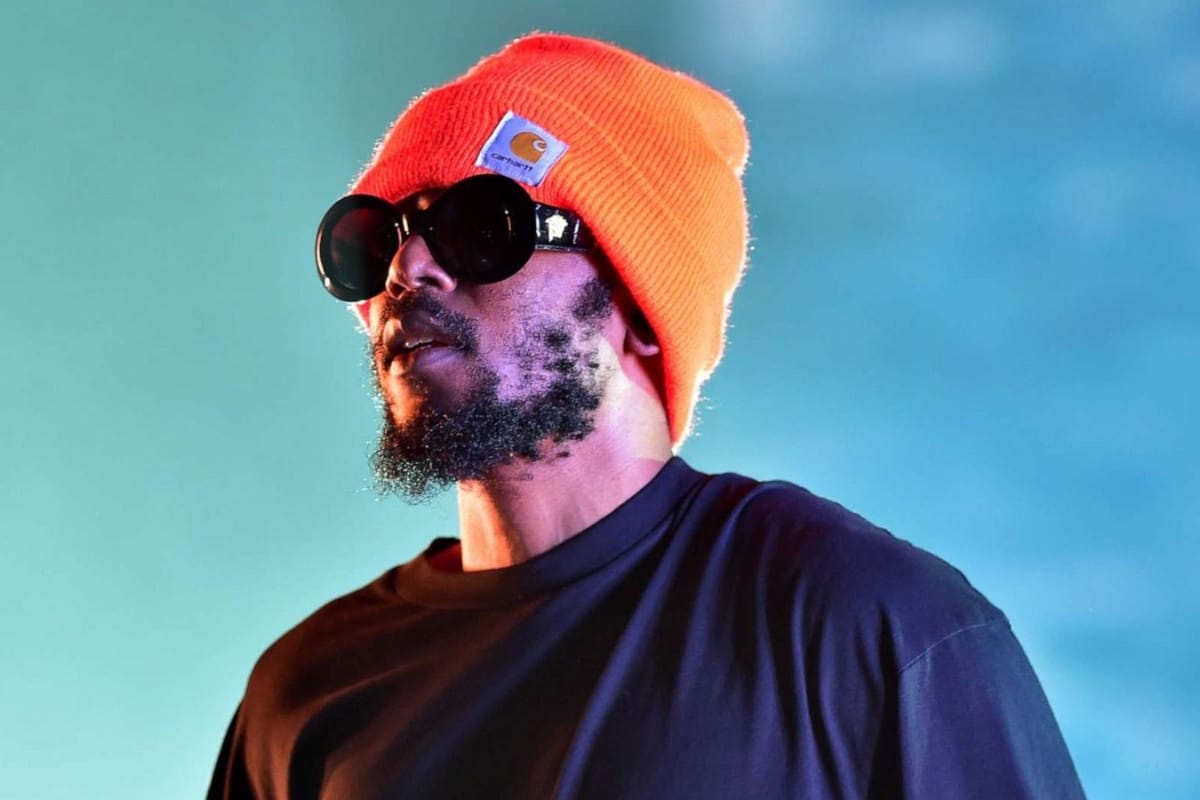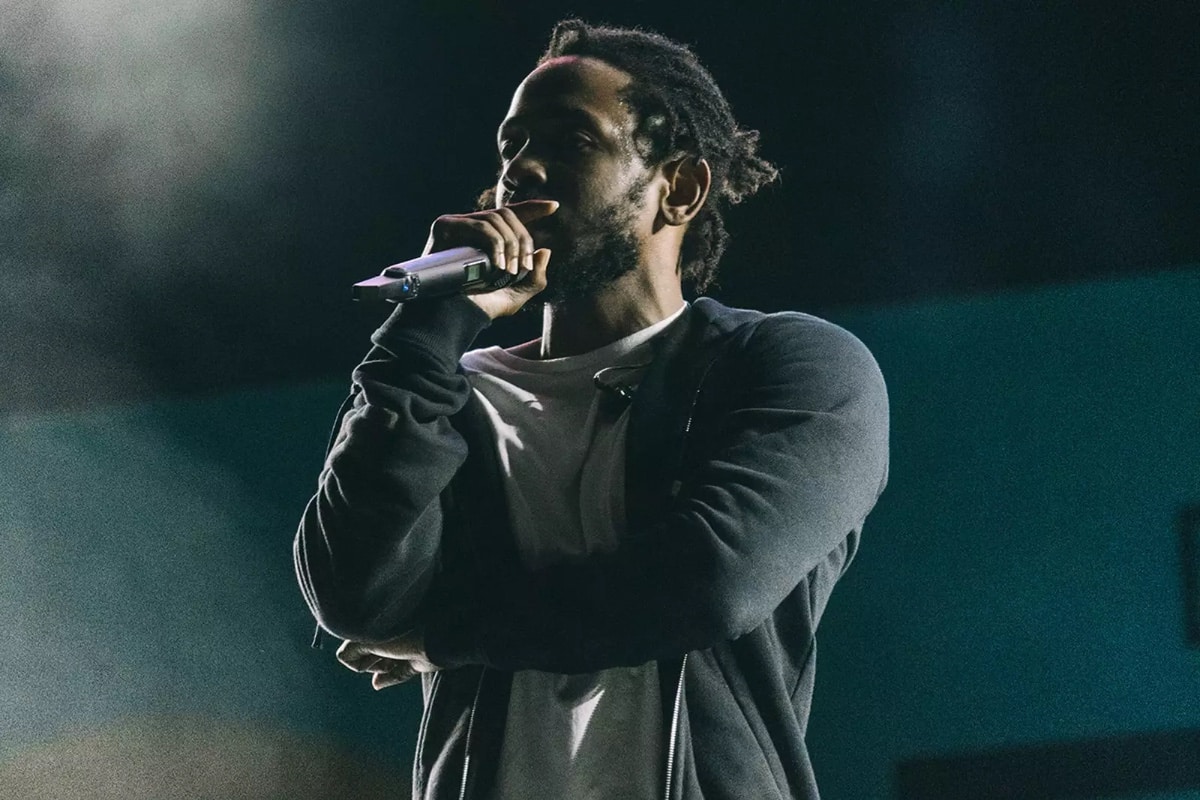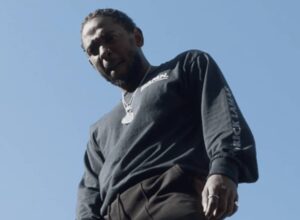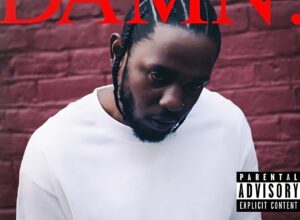Released: 2024
Kendrick Lamar’s track “Squabble Up” encapsulates the themes of power, ownership, and authenticity in a world that’s quick to dismiss true value. It touches on personal and communal strength while maintaining a distinctly braggadocious tone that characterizes much of contemporary hip-hop. Kendrick is calling out to both friends and foes, reminding them of his influence and authority, while staying true to his roots.
Starting with the intro, “God knows I am reincarnated” Kendrick references a kind of rebirth or continuous evolution, highlighting how he’s perpetually redefining himself, as well as his artistic journey. The “stargazin'” implies reflection, perhaps indicating his foresight or aspirations. The notion of “Life goes on, I need all my babies” can refer to either literal children or the metaphorical offspring of his efforts, projects, or endeavors that require attention.
When he says “Woke up lookin’ for the broccoli,” it’s slang for seeking money (broccoli being green, akin to dollars). High-key,” suggesting something obvious, is complemented with “keep a horn on me, that Kamasi” – a shout-out to saxophonist Kamasi Washington, suggesting Kendrick always carries his music’s influential, jazzy touch. Ownership is asserted through “IP, ownership, the blueprint is by me,” asserting his creative control over his work.
As we proceed, the hook’s chorus, “I feel good, get the fuck out my face / Look good, but she don’t got no taste” implies a sense of self-confidence and dismissiveness toward those lacking depth. “Walked out with the safe” could mean literally securing wealth or metaphorically maintaining control over valuable aspects of his life. This line demands both attention and respect.
Kendrick’s reference to “Mr. Get Off” alludes to being self-sufficient, handling things himself, perhaps his tendency to deal with issues without external help. When music is mentioned to make him dance, it denotes a genuine connection and appreciation for art – the intrinsic value he places on music.
The mention of “A yee nigga couldn’t try me in the tri-state” uses “yee” colloquially to reference individuals who try to front or pose threats. In his home base or familiar regions (like the Tri-state), his presence commands respect. With “Buddy pass, bet I get him splashed ’til he hydrated,” Kendrick might be alluding to quenching adversaries’ desires for confrontation by metaphorically ‘drenching’ them.
The repeated phrase “Squabble up” is slang for getting ready to fight, either physically or metaphorically in life, portraying an attitude of preparedness and resilience. The lyric “Where you from?” harks back to his roots, reinforcing identity amidst any chaos. The whole piece conveys readiness for conflict but remains grounded in identity and purpose.
Through verses discussing “falling from my money tree” and “spitting a loogie at the camera,” Kendrick mixes raw imagery with the narrative of success, financial gain, and unbothered defiance against those who watch him. His references to financial themes like “new paper cuts” portray his continual accumulation of wealth while underscoring minor inconveniences that come with it.
As Kendrick continues, with lines like “Bunk skunk” and “Fever,” he’s expressing intense states, likely under the influence, coupled with sharp observations. The theme of watching one’s surroundings is maintained, while acknowledging “bunk skunk” could imply facing unreliable people or situations.
Towards the end, lines like “It was woof tickets on sale ’til I silenced it” assert dominance, portraying a silencing of empty threats (“woof tickets”). When he comments on fictional rap or questionable integrity, it’s a criticism of unauthentic narratives. The shout-out to his origins with “Ace boon coon from the Westside to Senegal” bridges local roots to a global understanding of his reach.
In conclusion, “Squabble Up” is not just a showcase of Kendrick Lamar’s lyrical prowess, but also a testimony to his stance in the industry. His approach to identity, success, and authenticity runs parallel with hip-hop’s tradition of being genuine. Through a myriad of references and his established voice, Kendrick portrays an evolved yet grounded narrative, typical of his distinguished style.
